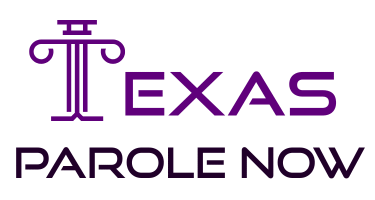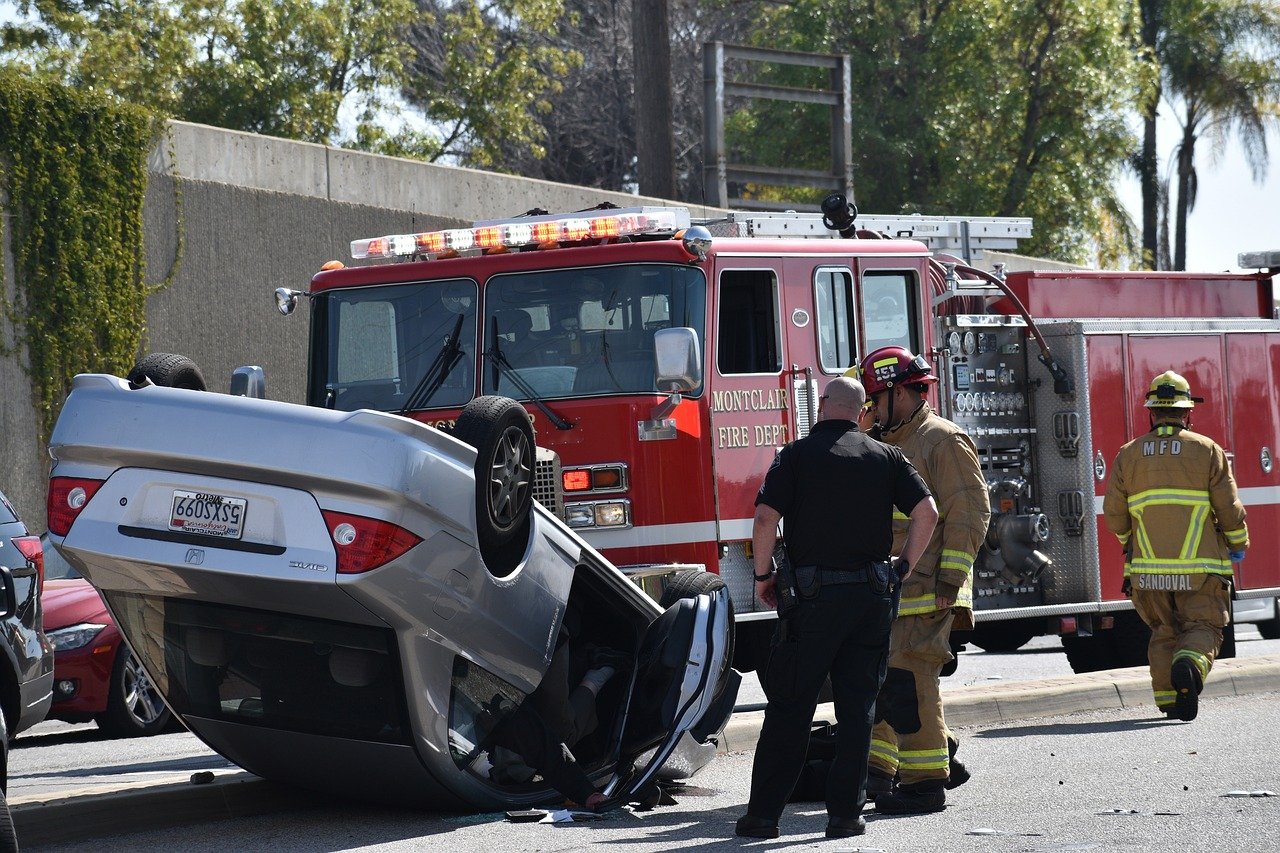Rideshare services like Uber and Lyft have transformed transportation, making it convenient, accessible, and seemingly routine. But when an accident happens while you’re riding as a passenger, or even if you’re a driver or pedestrian struck by a rideshare vehicle, the situation becomes anything but simple. The combination of personal drivers, corporate insurance, and third-party liability creates a legal gray area that requires swift and strategic action. Knowing what to do immediately after the incident can help protect your health, rights, and ability to seek compensation. Michigan Uber & Lyft Accident Lawyers can help you navigate these complexities, ensuring your claim is handled with the experience and attention it deserves.
Prioritize Your Safety and Seek Medical Attention
In the moments following an accident, adrenaline can cloud judgment. Even if injuries seem minor, it’s essential to prioritize your safety. If possible, move to a safe location away from traffic or potential danger.
Call 911 to report the accident and request medical assistance. Emergency personnel can assess your condition and provide necessary care. Some injuries — such as internal trauma or soft tissue damage — may not be immediately visible. A medical report will also serve as key documentation in any future claim.
Delaying medical treatment not only endangers your health but may weaken your injury claim by giving insurers a reason to question the severity of your condition.
Report the Incident to the Police and the Rideshare Platform
Always insist on filing a police report. Law enforcement will document the scene, speak with involved parties, and create an official record of the accident. This objective report is critical if the fault is later disputed.
Simultaneously, report the accident to the rideshare company through the app or website. Both Uber and Lyft have built-in systems to handle incident reports. They may also initiate their investigation, but remember — their priority is protecting the company’s interests, not yours.
Request a copy of the police report and keep a record of all correspondence with the rideshare platform.
Gather Evidence from the Scene
If you’re physically able, document everything. Use your phone to take photos and videos of:
- The vehicles involved, including license plates
- Road conditions, traffic signals, and any visible skid marks
- Injuries sustained, however minor they may appear
- Rideshare app screenshots showing trip details and driver info
Obtain names and contact details of all drivers, passengers, and witnesses. Their statements can be pivotal, especially if there are conflicting accounts of the accident.
The more thorough your evidence, the stronger your position will be during negotiations or legal proceedings.
Understand Who May Be Liable
Determining liability in a rideshare accident is a complex process. Depending on the circumstances, multiple parties could be at fault:
- The Uber or Lyft driver
- Another driver involved in the crash
- A vehicle manufacturer (in the case of mechanical failure)
- Even the rideshare company itself, under certain conditions
Uber and Lyft provide $1 million in third-party liability coverage, but only when the driver is actively transporting a passenger or en route to pick one up. Coverage varies significantly depending on the driver’s status at the time of the accident — offline, waiting for a ride request, or in the middle of a trip.
An attorney can help analyze the timeline and driver activity to determine which insurance policy applies.
Read Also: The Texas Motorcycle Mystery: Is Lane Splitting Your Ticket to Freedom or a Court Date?
Avoid Speaking to Insurance Adjusters Without Legal Guidance
After the accident, you may receive calls from insurance representatives — sometimes friendly, sometimes urgent. Their goal is often to settle quickly and minimize payouts. Be cautious.
Do not provide recorded statements or accept any offers without first understanding the full extent of your injuries and losses. A settlement that seems generous initially may fall short once medical bills, lost wages, and long-term complications are accounted for.
Letting an experienced personal injury attorney communicate on your behalf can prevent costly missteps and ensure your claim is taken seriously.
Document All Losses and Medical Expenses
Keep meticulous records of your post-accident journey. This includes:
- ER visits, follow-up appointments, therapy sessions
- Prescriptions and medical equipment
- Diagnostic imaging (X-rays, MRIs, etc.)
- Time missed from work or reduced income
- Transportation expenses related to treatment
- Pain, suffering, and emotional distress
All of these can contribute to the total value of your claim. Without documentation, they may go unrecognized — and uncompensated.
Consider Legal Representation
Navigating a rideshare injury claim is not like filing a standard car accident report. You’re dealing with layers of liability, evolving regulations, and corporate legal teams. A personal injury attorney experienced in Uber and Lyft accident cases can help you:
- Identify liable parties
- File claims against the appropriate insurers
- Negotiate fair compensation
- Prepare for trial, if necessary
Most personal injury law firms work on a contingency fee basis, meaning you don’t pay unless they win your case. Legal support not only strengthens your position but relieves you of the administrative burden during an already stressful recovery.
An injury in an Uber or Lyft accident may leave you confused, hurt, and uncertain of what to do next. But your actions in the hours and days that follow can shape the outcome of your claim. From seeking prompt medical care to understanding your legal rights, every step matters. Working with experienced Michigan Uber & Lyft accident lawyers can help ensure your rights are protected and your claim is handled with the expertise it deserves.
When injuries and liability intersect in the rideshare world, informed action is your best protection. Empower yourself with knowledge, preserve your evidence, and don’t hesitate to seek experienced legal guidance. Your recovery — and your future — may depend on it.
You May Also Like: Disney Wrongful Death Lawsuit

